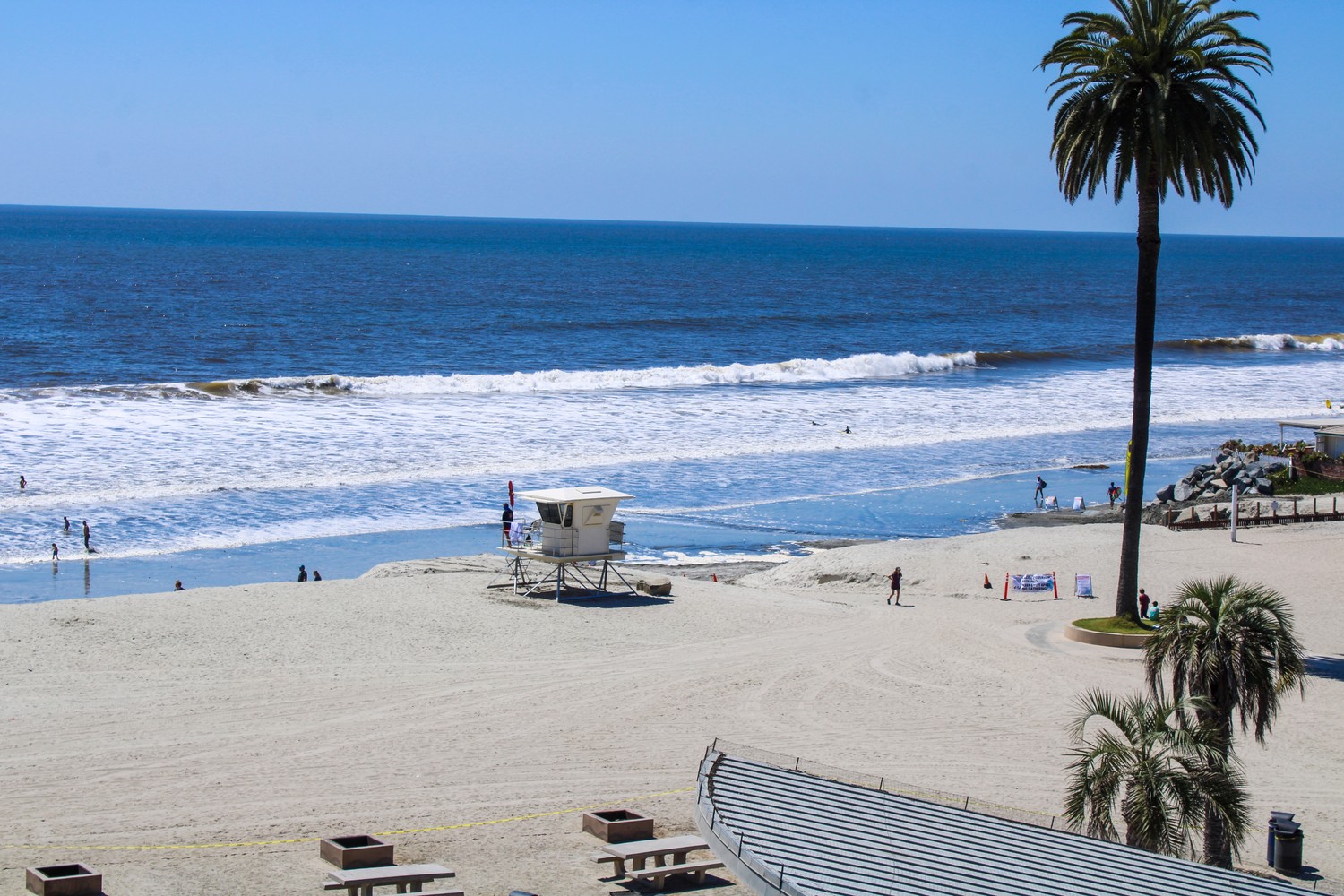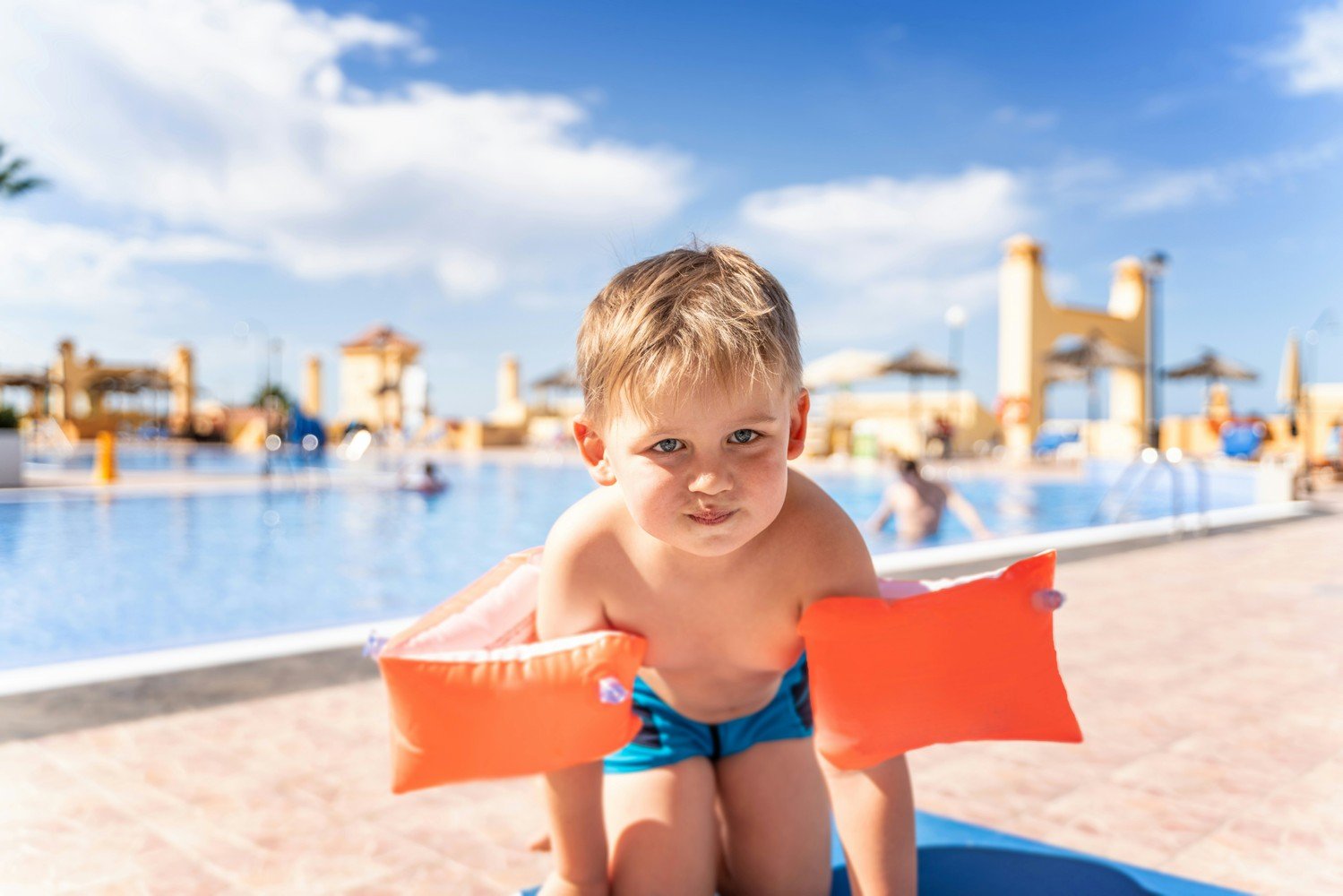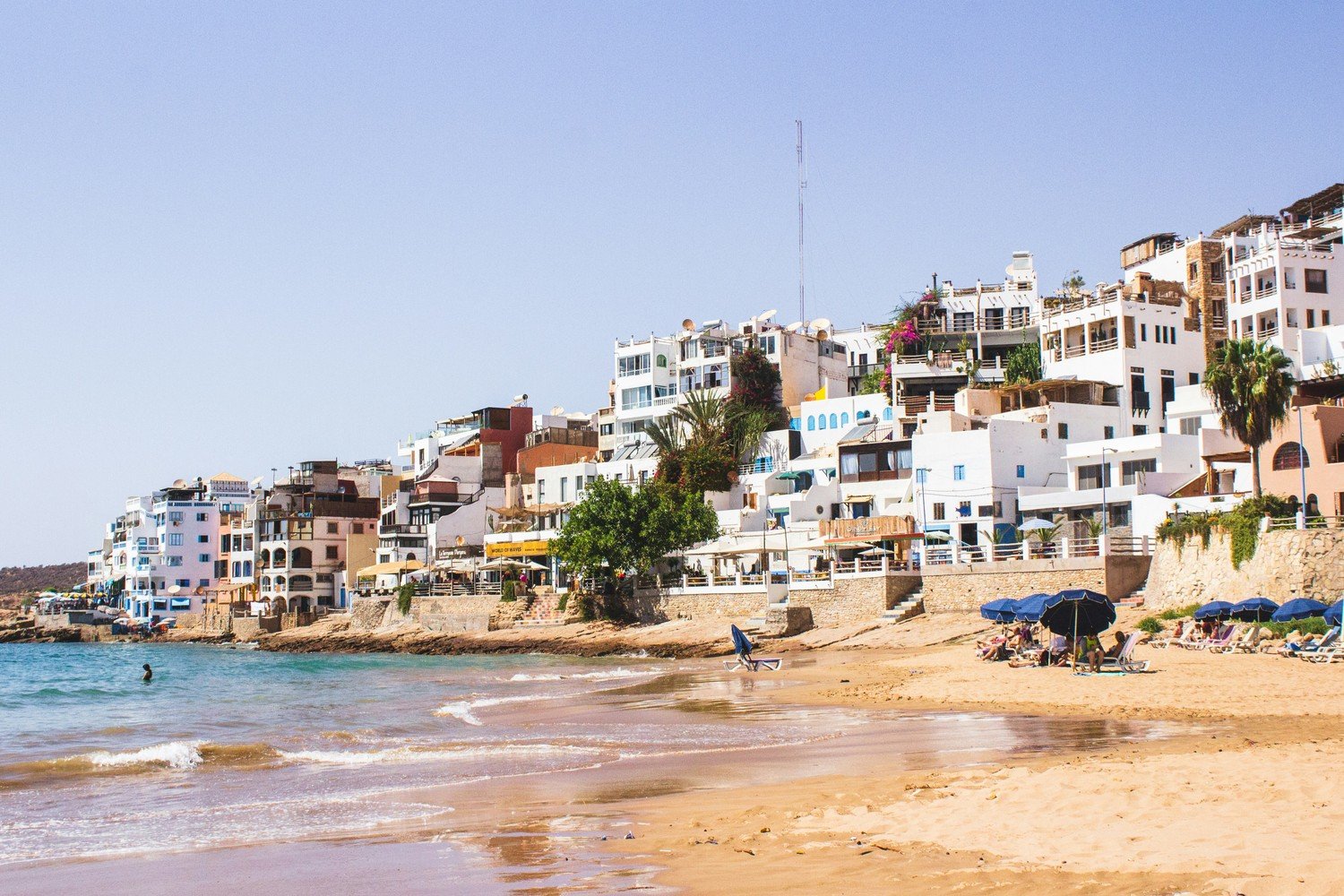
Destination or Hotel
Departure Airports
Travel Dates
Flexible +/-3 days
Nights
Flexible +/-3 days
Guests
Price Match Promise
Flexible +/-3 days
Price Match Promise

Sun, Sand, Sea and Safety: What Will Travelling to the Canary Islands Look Like This Year?
By
Ricky Durrance
02 Oct 2020
LAST UPDATED: 11 DECEMBER
At 5pm on 10th December 2020, the Transport Secretary in the UK announced that due to increasing infection rates, the Canary Islands were to be taken off the travel corridor list as of 4am 12th December. Anyone wishing to visit the islands will need to quarantine for 14 days upon their return – unless they opt in to the test and release scheme to be launched on 15th December. This test and release scheme allows travellers who return to the UK from countries not on the travel corridor list – like the Canaries – to only quarantine for 5 days if they provide a negative COVID-19 test upon their return.
So, the beaches of Tenerife, Fuerteventura, Gran Canaria, Lanzarote, La Palma and their smaller siblings are awaiting you if quarantining for 5 days is more appealing than the full 14 days - and as you can see from this live cam, and this one, you’ll have a lot more space to yourself!
Your Holiday to the Canaries Has Just Become Safer
Since the start of May, the tourism ministry of the Canaries has been working together with a team of over 200 people - including health and industry professionals - to make every aspect of your holiday experience safe and enjoyable. They’ve truly thought about everything, from your hotel stay to your trip to the museum, so you can kick back and relax on the beach with a cocktail and do a bit of sightseeing too, while you’re at it.
Unlike other destinations, the Canary Islands have tried not to rely on masks too much - they’d just be in the way of us and our well-deserved sea air. Instead, it’s all about space to facilitate physical distance between groups of guests.

Coronavirus Safety Measures in the Canaries
Most of the safety protocols you can expect are actually quite pleasant, including:
- Enlarged common areas in hotels
- More space between sunbeds
- Served buffet breakfasts (don’t worry, you can still have all you can eat!)
- Partitions between guests and the food
- Extra staff to serve you your drinks
- Automated drink machines (for those who don’t want to deal with humans at all)
Background: Spain’s Four-Phase Reopening Plan
Let’s wind back a bit to look at what preceded the reopening of the Canaries.
THE INITIAL LOCKDOWN
All of Spain went into lockdown on 14 March. In the Canaries, this meant that you could go out (as a lonely only, just one person at a time) for food, medications, basic needs and health care. ‘Urgent’ visits to banks and insurance companies were also permitted (we shudder to think what might constitute an urgent visit to an insurance company). You were also allowed to get pet food (good news for Fluffy) and, for some reason, stationery.
At the end of April, Spain’s Prime Minister, Pedro Sánchez, announced the country’s four-phase plan to ease lockdown restrictions and reopen the country. The phases weren’t given exact dates because so much depended on facts on the ground, but each was estimated to last about two weeks.

PHASE 0 - 26 APRIL
The country started to ease its rigorous lockdown on 26 April, when children under 14 were allowed out the house for the first time in a month and a half, for one hour a day. Their parents were soon to follow on 2 May - who knows what these kids had been up to in the week before!
PHASE 1 - 11 MAY
In phase 1, which kicked off on 11 May, greater freedoms were to be permitted: larger shops could open, restaurant terraces could open (at reduced capacity) and hotels and other tourist accommodations could resume business - all of this with proper social distancing protocols and personal protection measures in place, of course.
In formulating their overall plan, the Spanish government took regional differences into account, since obviously some parts of the country suffered greater losses from the pandemic than others. The government took a very scientific approach: they assessed each regional situation using “an epidemiological ranking based on four parameters (cases, deaths, hospital admissions and critical care unit occupation)”. We are impressed.
PHASE 2 - 25 MAY
And we are happy to report that the plan is working: all regions of Spain have made it to at least phase 2! and much of Spain has graduated to phase 2! This means that the locals can now eat out again with table service, go to theatres and cinemas and visit places of worship, although all public spaces and establishments must operate at limited capacity.
In phase two, cultural events are also on the agenda again with fewer than 50 people allowed in enclosed spaces and no more than 400 in outside spaces. Residents can attend wakes and weddings with a limited number of people, and households with two working parents are allowed to deposit their kids in an educational centre. It’s starting to feel like normal life again.
"Toda España estará, al menos, en #fase1 y el 46% de la población en #fase2" @salvadorilla
— Ministerio de Sanidad (@sanidadgob) May 22, 2020
Así queda el mapa de la situación actual de España por fases del Plan para la Transición hacia la #NuevaNormalidadpic.twitter.com/xY34L0TNlk
PHASE 3 - 8 JUNE
Phase 3 kicked off on the 8th of June - much of Spain is now in it and the Canary Islands made the list. Local residents now have more freedom of movement and more freedom of shopping, as all shops have reopened at 50% capacity. You’ll see bars and restaurants gradually become fuller, although guests will need to remain separated. Even discos and nightclubs have reopened at a third of their capacity.
PHASE 4, THE 'NEW NORMALITY' - 21 JUNE

In June, many of the regions of Spain entered the ‘new normal’ phase, which comes with the usual safety measures like 1.5 metre social distancing, capacity restrictions, face masks and track and trace.
However, fluctuations in the R-rating of the coronavirus in Spain may cause a relaxation or strengthening of safety measures, nationally and internationally.
Countdown to Your Trip to the Canary Islands
Holidays to the Canary Islands are unfortunately no longer quarantine-free once again. However, with the new test and release scheme, the period you’ll need to quarantine for can be as little as 5 days, which in a bad year is a good bit of news at the very least.
Keep up to date with coronavirus in the Canary Islands and the reopening of your favourite holiday destinations on the Teletext Holidays blog.
40,000+ verified
customer reviews
Loading reviews...
We want all our customers to stay safe when abroad. For the latest travel advice from the Foreign, Commonwealth & Development Office click here. Further advice can be found on the Travel Aware page here. Please note the advice can change so check regularly for updates and before you travel.
teletextholidays.co.uk acts as an agent in respect of all bookings made by telephone. For all bookings, your contract will be with the applicable Service Provider of your chosen Travel Service (who may be the principal or the agent of the principal) and Teletext acts only as an agent on their behalf. Your holiday will be financially protected by the ATOL scheme and you will receive an ATOL certificate once your booking has been confirmed. Please see our booking conditions for information, or for more information about financial protection and the ATOL Certificate go to:www.caa.co.uk/atol-protection
*We are able to offer a price match if suppliers are the same.
Teletext Travel Ltd, company number 14855829. Address: 71-75 Shelton Street, Covent Garden, London, United Kingdom, WC2H 9JQ.
Copyright 2025 teletextholidays.co.uk | All rights reserved.





